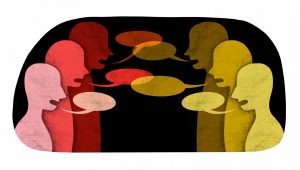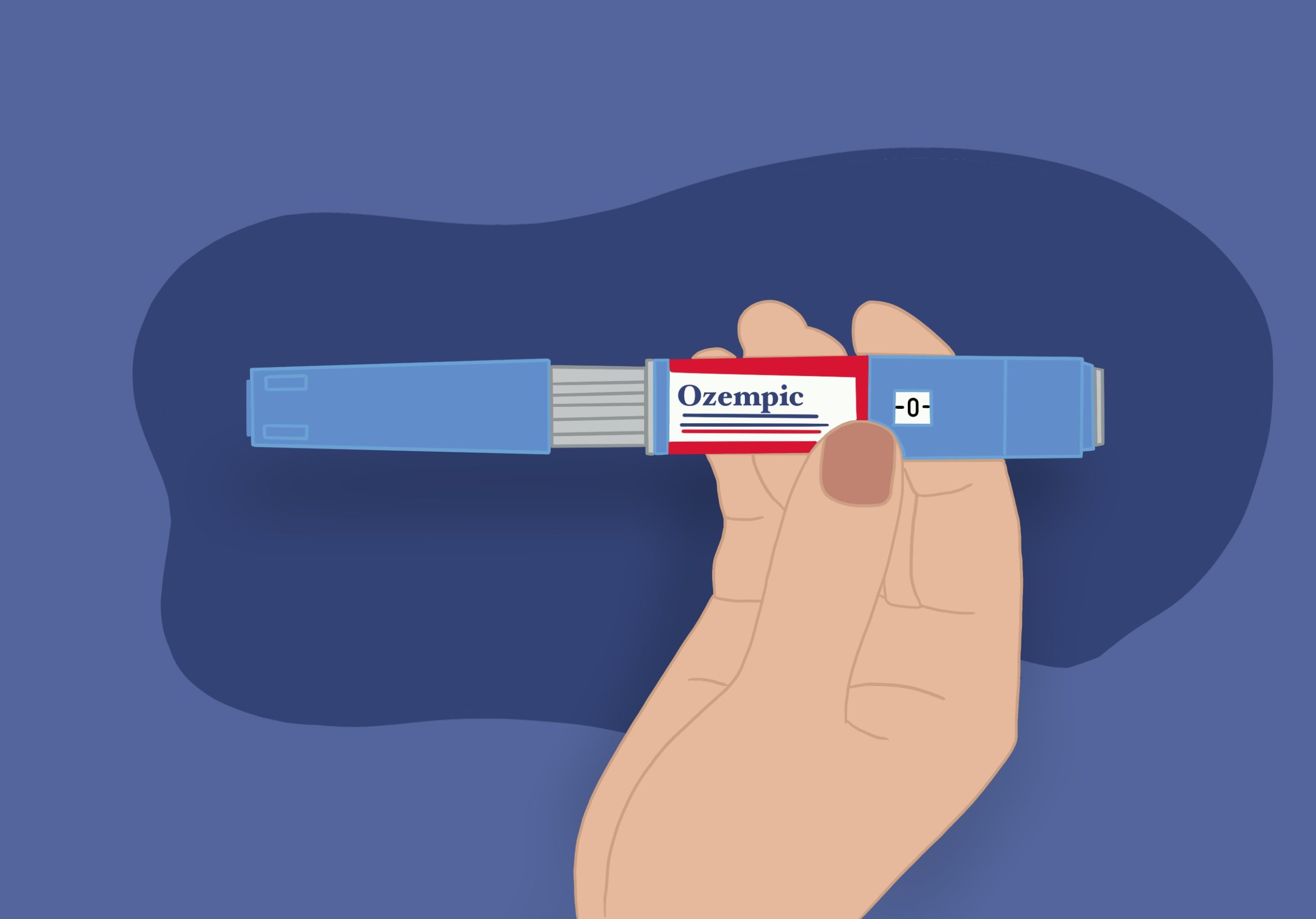In the past century, the instution of liberal arts education successfully produced critical thinkers, philosophers and intellectuals with a wide range of economically sound occupations leading to a dream of financial stability and social happiness. In any given university, students may find professors standing in college classrooms bragging about the greatness of humanities without making any reference to the real world.
Nevertheless, one thing is clear today: It’s becoming common to see students with liberal arts degrees working at jobs that do not require degrees. Something went wrong and turned upside-down the new aged promises of a liberal arts education in the job market. It’s worth asking why students invest in liberal arts educations that appear to be incompatible with today’s job market at the cost of debt. It’s unclear whether the value of a liberal arts education will rebound in the future or continue to decline.
With many jobs demanding more practical skills and innovation, the liberal arts education is facing a serious crisis unless some intervention rescues it from an imminent deathbed. Every year thousands of humanities students are admitted to universities across the U.S. while thousands graduate with debt and jump into an unfriendly job world. According to a recent study released by Georgetown University, the choice of major substantially affects employment prospects and earning potential: The study shows that the unemployment rate stands at 9.4 percent for liberal art majors — the second highest amongst all degree types.
For most students who are thrown out to an unforgiving “real world” with liberal arts degrees, the survival of the fittest is not just a theory. Unlike technical majors such as engineering, health care and information technology, most liberal arts students are not sure where they will end up.
However we think about a liberal arts education, the economic realities and job market beyond the classroom demand an urgent redesign of the humanities so there is a balance between intellectual and economic gain. Doing so would prepare generations of students for a dynamic future job market.








